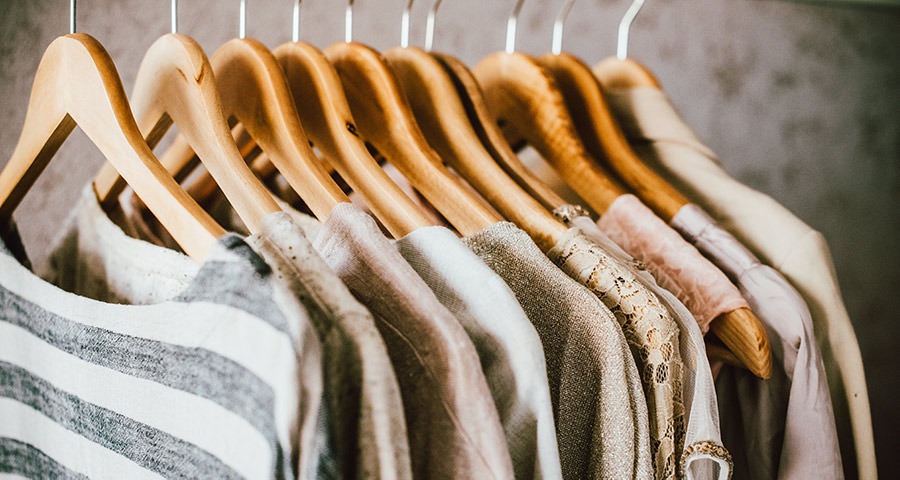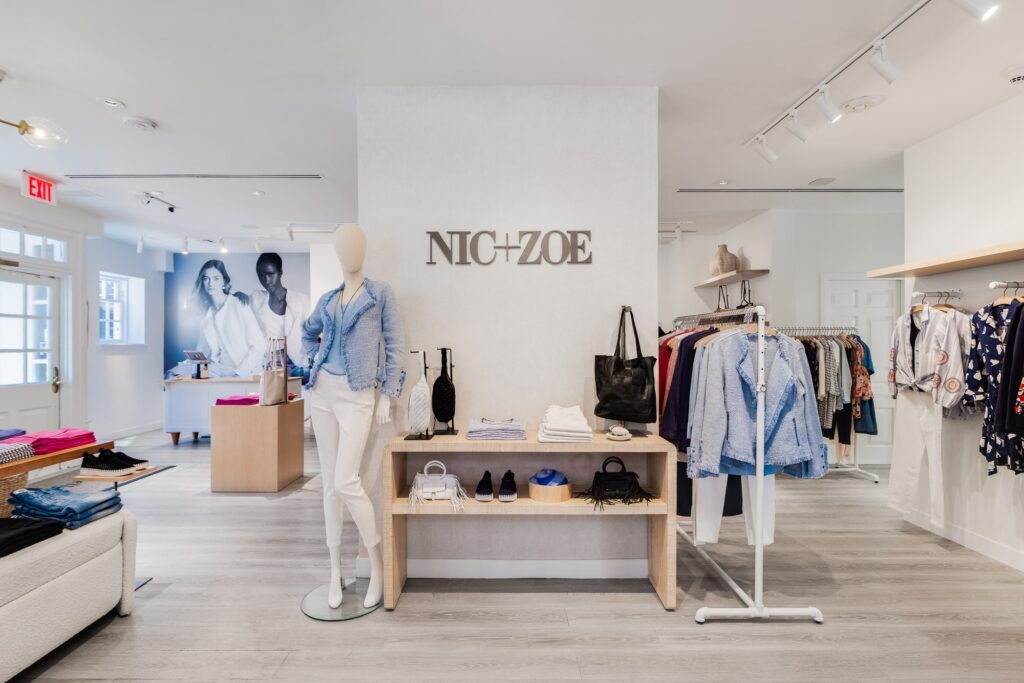Table of Contents
Introduction to Sustainable Clothing
In today’s world, where environmental consciousness is on the rise, consumers are increasingly turning to sustainable options in all aspects of life, including fashion. Top Sustainable Clothing Brands for Eco-Conscious Consumers prioritize eco-friendly materials, ethical production practices, and transparency in their supply chain. This article delves into the top sustainable clothing brands that cater to eco-conscious consumers.
Criteria for Top Sustainable Clothing Brands for Eco-Conscious Consumers
Materials Used
Sustainable clothing brands prioritize materials that have minimal environmental impact, such as organic cotton, hemp, bamboo, and recycled fabrics. These materials reduce the reliance on harmful chemicals and promote soil health.
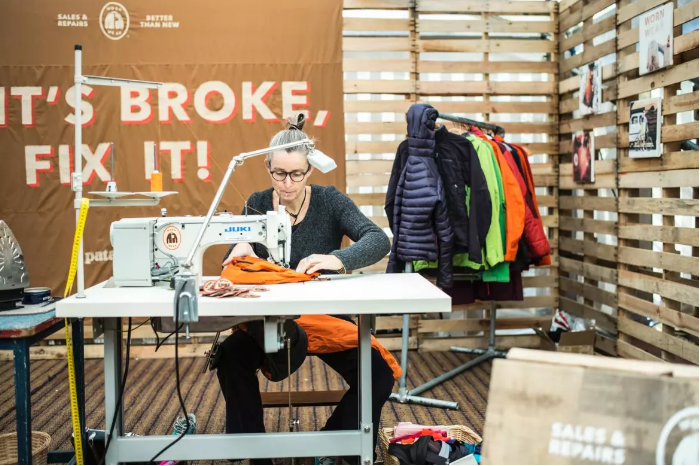
Ethical Production Practices
These brands ensure fair labor practices, safe working conditions, and fair wages for workers throughout their supply chain. Ethical production practices also include minimizing waste and energy consumption during manufacturing processes.
Transparency in the Supply Chain
Sustainable clothing brands are transparent about their sourcing, manufacturing processes, and environmental impact, allowing consumers to make informed choices. They often provide information about the factories they work with, their environmental certifications, and their efforts to reduce carbon emissions.
Top Sustainable Clothing Brands
1. Patagonia
Patagonia is renowned for its commitment to environmental and social responsibility. They use recycled materials and prioritize fair labor practices in their supply chain. Additionally, Patagonia invests in environmental initiatives and advocacy campaigns to address issues such as climate change and biodiversity conservation.

2. EILEEN FISHER
EILEEN FISHER focuses on timeless designs and sustainable materials such as organic cotton, Tencel, and recycled fibers. They also have initiatives for garment recycling and upcycling, encouraging customers to extend the lifespan of their clothing.
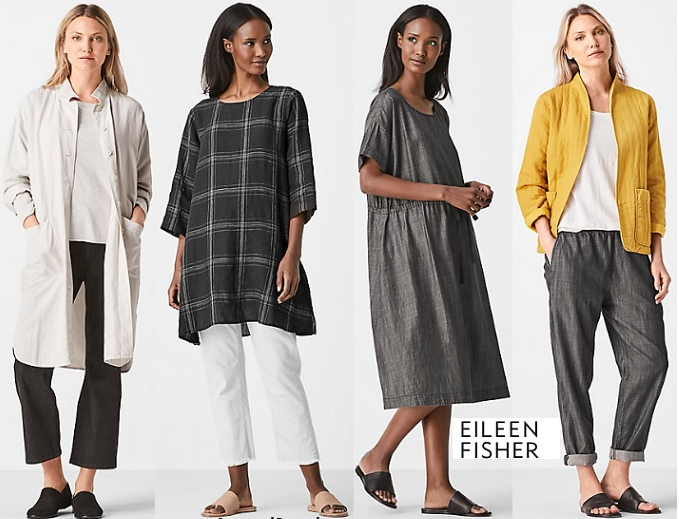
3. Reformation
Reformation is known for its chic and trendy clothing made from eco-friendly materials. They prioritize sustainability in every aspect of their business, from sourcing to shipping. Reformation also provides information about the environmental footprint of each product, including its water and carbon impact.
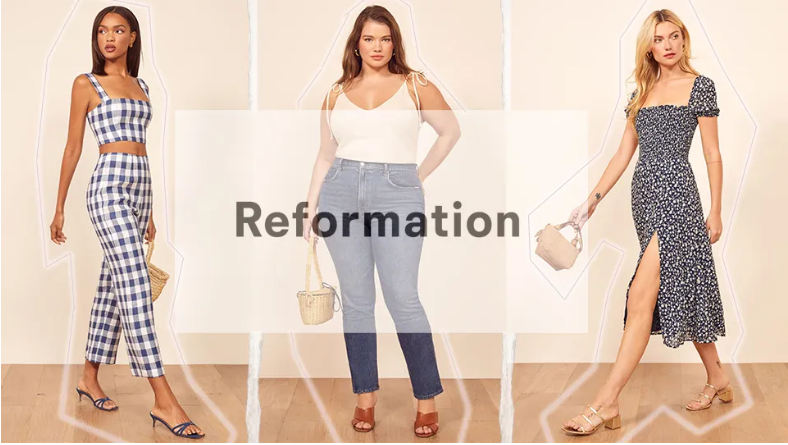
4. Pact
Pact offers affordable organic cotton basics for men, women, and children. Their clothing is GOTS certified and ethically produced. Pact also prioritizes transparency in their supply chain, allowing customers to trace the journey of their clothes from seed to shelf.
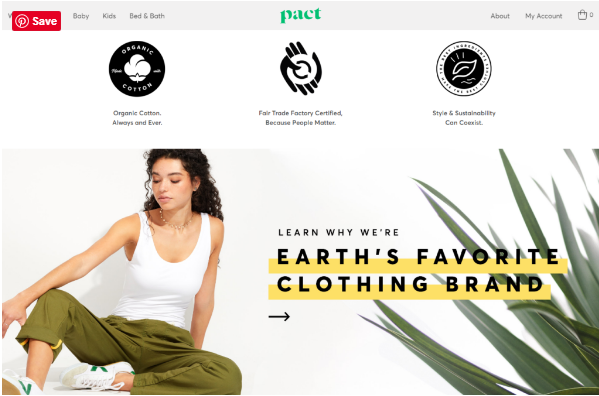
5. Outerknown
Outerknown, founded by surfer Kelly Slater, creates stylish clothing using sustainable materials like organic cotton, hemp, and recycled polyester. They prioritize transparency and fair labor practices, ensuring that their workers are treated ethically throughout the manufacturing process.
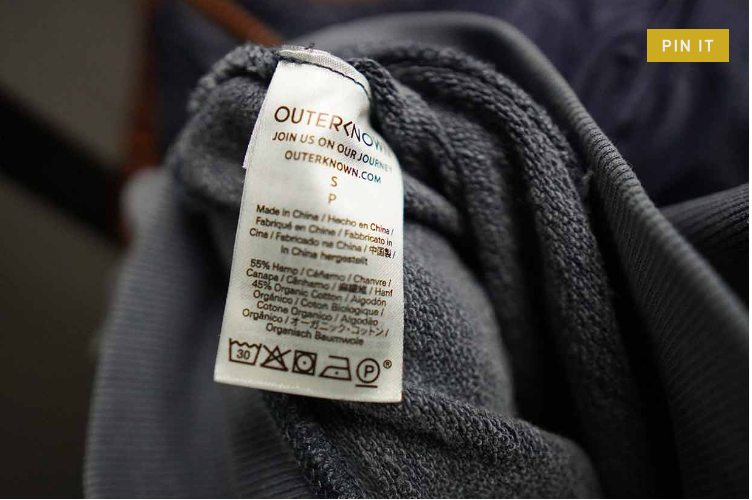
6. Stella McCartney
Stella McCartney is a pioneer in sustainable luxury fashion. They use innovative materials like vegetarian leather and recycled fabrics in their designs. Stella McCartney also advocates for animal rights and environmental conservation, aligning their brand values with their business practices.
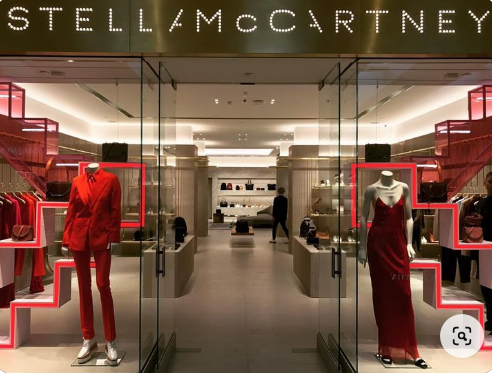
7. Everlane
Everlane focuses on transparency, providing details about the cost breakdown of each product. They offer a range of sustainable basics made from quality materials. Everlane also prioritizes ethical production practices and fair wages for workers, ensuring that their supply chain is free from exploitation.
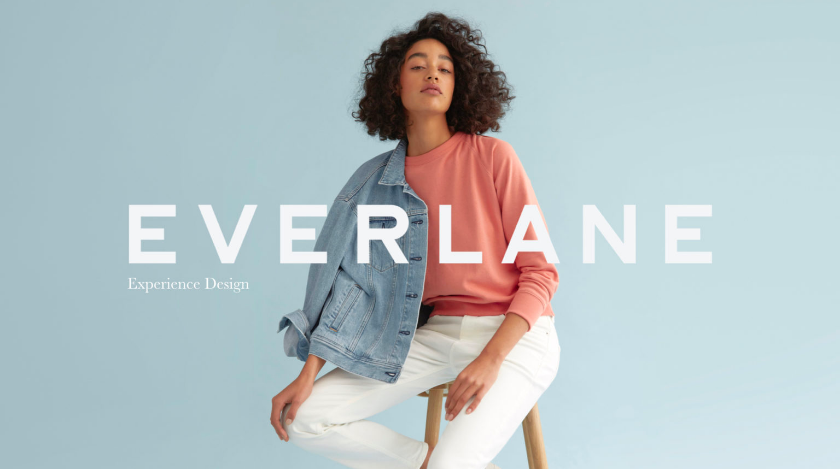
8. Thought Clothing
Thought Clothing offers organic and sustainable clothing with a focus on comfort and style. They prioritize natural fibers and ethical production practices, ensuring that their clothing is both eco-friendly and durable. Thought Clothing also supports fair trade initiatives and community development projects in the countries where they operate.

9. People Tree
People Tree is a fair trade fashion brand that partners with artisans and farmers to create sustainable clothing. They offer a range of stylish and ethically produced garments, including organic cotton dresses, recycled knitwear, and handcrafted accessories. People Tree also invests in social and environmental projects, such as tree planting and renewable energy initiatives.

10. Alternative Apparel
Alternative Apparel creates eco-friendly basics using organic cotton, recycled materials, and low-impact dyes. They prioritize sustainability and social responsibility, ensuring that their clothing is produced ethically and with minimal environmental impact. Alternative Apparel also advocates for transparency in the fashion industry, encouraging other brands to disclose their sourcing and manufacturing practices.
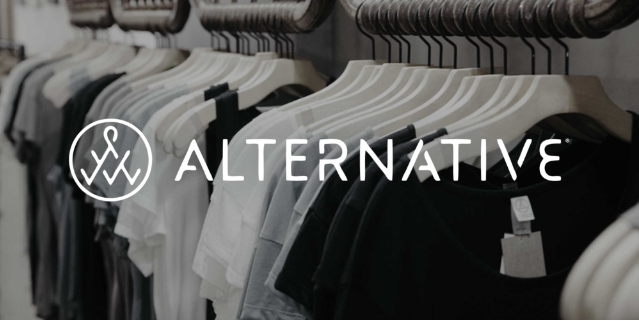
Unique Features and Offerings of Each Brand
Each of these sustainable clothing brands has unique features and offerings, from innovative materials to social and environmental initiatives. Patagonia, for example, is known for its commitment to activism and environmental advocacy, while EILEEN FISHER focuses on timeless designs and garment recycling. Reformation stands out for its trendy and size-inclusive clothing, while Pact offers affordable basics for the whole family. Outerknown, founded by a professional surfer, appeals to outdoor enthusiasts with its sustainable activewear, while Stella McCartney caters to luxury shoppers with its high-end vegan fashion. Everlane distinguishes itself with its transparent pricing and supply chain, while Thought Clothing emphasizes comfort and style in its organic designs. People Tree stands out for its fair trade partnerships and community development projects, while Alternative Apparel prioritizes simplicity and sustainability in its eco-friendly basics.
Price Range and Accessibility
Sustainable clothing brands offer options for every budget, from affordable basics to high-end luxury fashion. While some brands may have higher price points due to their commitment to ethical production practices and quality materials, there are also affordable options available for eco-conscious consumers. Additionally, many sustainable brands have online stores, making their products accessible to consumers worldwide. By shopping consciously and supporting ethical fashion brands, consumers can make a positive impact on the environment and the lives of garment workers.
Consumer Reviews and Satisfaction
Consumers praise sustainable clothing brands for their commitment to environmental and social responsibility. Positive reviews highlight the quality, style, and ethical values of these brands. Customers appreciate the transparency and authenticity of sustainable brands, as well as their efforts to minimize environmental impact and support fair labor practices. By choosing sustainable clothing, consumers feel good about their purchases and their contribution to a more sustainable future.
Tips for Making Sustainable Clothing Choices
To make sustainable clothing choices, consumers can prioritize quality over quantity, opting for timeless pieces that will last for years. They can also research brands and look for certifications such as GOTS (Global Organic Textile Standard) or Fair Trade, which indicate a brand’s commitment to sustainability and ethical practices. Buying secondhand or vintage clothing is another eco-friendly option, as it extends the lifespan of garments and reduces waste. Consumers can also participate in clothing recycling and upcycling programs, donating unwanted clothing to thrift stores or repurposing old garments into new creations. By making thoughtful choices and supporting sustainable brands, consumers can reduce their environmental footprint and promote positive change in the fashion industry.
Future of Sustainable Fashion
As awareness of environmental issues grows, the future of sustainable fashion looks promising. Innovations in eco-friendly materials and manufacturing processes are driving positive change in the fashion industry. Brands are experimenting with alternative materials such as pineapple leather, mushroom leather, and recycled ocean plastic, reducing the reliance on traditional textiles and minimizing waste. Sustainable fashion is also becoming more inclusive, with brands offering size-inclusive options and catering to diverse body types. As consumers demand greater transparency and accountability from fashion brands, companies are responding by adopting more sustainable practices and engaging in social and environmental initiatives. By working together, consumers, brands, and policymakers can create a more sustainable and ethical fashion industry for future generations.
Conclusion
Choosing sustainable clothing brands is a meaningful way for consumers to reduce their environmental impact and support ethical practices in the fashion industry. With a wide range of options available, eco-conscious consumers can make stylish and sustainable choices that align with their values. By prioritizing eco-friendly materials, ethical production practices, and transparency in the supply chain, sustainable brands are leading the way towards a more sustainable future for fashion. Together, we can make a positive impact on the planet and create a more ethical and sustainable fashion industry for generations to come.
FAQs
Q: What criteria determine a clothing brand’s sustainability?
A: Sustainability in clothing brands is often assessed based on factors like eco-friendly materials, ethical manufacturing practices, and supply chain transparency.
Q: How do sustainable clothing brands contribute to environmental conservation?
A: Sustainable clothing brands minimize environmental impact by using organic or recycled materials, reducing water and energy consumption, and implementing ethical production methods.
Q: Are sustainable clothing items more expensive than conventional ones?
A: While some sustainable clothing items may have a higher initial cost due to eco-friendly materials and ethical practices, they often offer better quality and durability, making them cost-effective in the long run.
Q: Can sustainable clothing brands ensure fair labor practices?
A: Yes, many sustainable clothing brands prioritize fair labor practices by ensuring safe working conditions, fair wages, and supporting workers’ rights throughout their supply chains.
Q: How can consumers identify genuinely sustainable clothing brands?
A: Consumers can look for certifications like GOTS (Global Organic Textile Standard) or Fair Trade, research brands’ transparency reports, and review their environmental and ethical commitments.
Q: Are sustainable clothing brands limited in style and design options?
A: No, sustainable clothing brands offer a diverse range of styles, designs, and trends to suit various preferences while adhering to eco-friendly principles.
Q: What role do sustainable materials play in clothing production?
A: Sustainable materials such as organic cotton, hemp, bamboo, and recycled fabrics reduce environmental impact by minimizing chemical usage, water consumption, and waste generation.
Q: Do sustainable clothing brands prioritize animal welfare?
A: Many sustainable clothing brands offer vegan options and prioritize cruelty-free materials, avoiding animal-derived products like fur, leather, and silk.
Q: How do sustainable clothing brands address textile waste?
A: Sustainable clothing brands employ strategies like upcycling, recycling, and circular design principles to minimize textile waste and promote a more sustainable fashion industry.
Q: Can switching to sustainable clothing brands make a significant difference in reducing environmental harm?
A: Yes, supporting sustainable clothing brands can collectively reduce carbon emissions, water pollution, and resource depletion, contributing to a more sustainable and ethical fashion industry.

